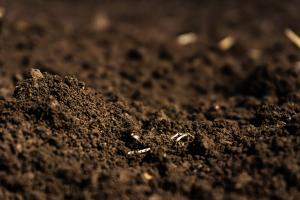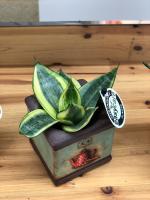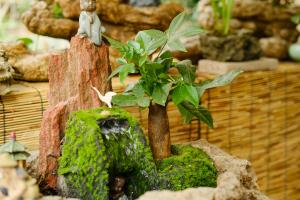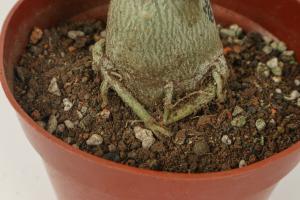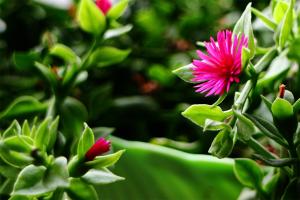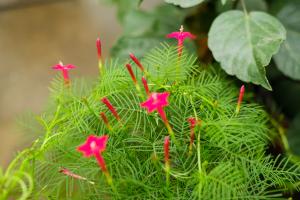Do Snake Plants Do Well in Plastic Pots?
Snake plants, also known as Sansevieria, are one of the easiest plants to care for, making them a popular choice for both novice and experienced gardeners. One of the most common questions asked by gardeners is whether snake plants do well in plastic pots. In this article, we will explore the benefits and drawbacks of using plastic pots for snake plants.
Benefits of Using Plastic Pots for Snake Plants
One of the biggest benefits of using plastic pots for snake plants is their affordability. Plastic pots are usually cheaper than ceramic or terra cotta pots, making them an ideal option for gardeners on a budget. Additionally, plastic pots are lightweight, which makes them easy to move around and rearrange.
Another benefit of using plastic pots is their durability. Unlike ceramic or terra cotta pots, plastic pots do not break easily. This makes them a great option for households with pets or children who may accidentally knock over the pots.
Finally, plastic pots are non-porous, which means they don't absorb water. This can prevent overwatering, which is a common problem for snake plants, as they prefer well-draining soil. Plastic pots can also help prevent the potting soil from drying out too quickly, as they retain moisture better than other types of pots.
Drawbacks of Using Plastic Pots for Snake Plants
While plastic pots do offer several benefits, there are also some drawbacks to consider. First, plastic pots can become brittle over time, especially when exposed to direct sunlight. This can lead to cracking or even breaking, which can be detrimental to your snake plant.
Another drawback of using plastic pots is their lack of breathability. Snake plants prefer well-draining soil, and if the soil remains too wet, it can cause root rot. Plastic pots do not allow air to circulate through the soil and can trap moisture, leading to overwatering and root rot.
Finally, plastic pots can be less aesthetically pleasing than other types of pots. They do not offer the same variety of colors or textures as ceramic or terra cotta pots, which can be a disadvantage for gardeners looking to create a more stylish or visually appealing indoor garden.
Conclusion
In conclusion, while there are benefits and drawbacks to using plastic pots for snake plants, they can be a good option for gardeners on a budget or for those prioritizing durability and ease of use. However, it is important to ensure that your snake plant is not overwatered, and to monitor the condition of the pot to prevent cracking or breaking. Ultimately, the decision to use plastic pots or another type of pot should be based on personal preference and the needs and preferences of your snake plant.

 how many times do yo...
how many times do yo... how many planted tre...
how many planted tre... how many pine trees ...
how many pine trees ... how many pecan trees...
how many pecan trees... how many plants comp...
how many plants comp... how many plants can ...
how many plants can ... how many plants and ...
how many plants and ... how many pepper plan...
how many pepper plan...